
Diana Weber
Lawyer of international law
Rating:
5
April
Obtaining German Residence Permit for Foreigners
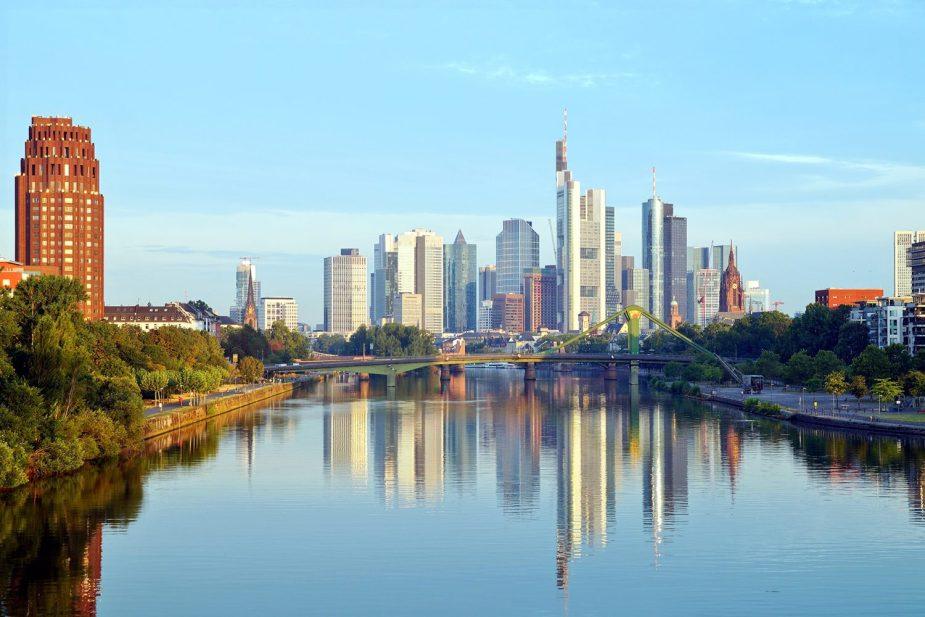
A residence permit in Germany is a document that gives the right to live in the country from six months to 4 years. Immigrants have the opportunity to extend this period and subsequent naturalization with the obtainment of citizenship after 8 years. A residence permit is issued to foreigners who have a reason for a long stay in the country, for example, they get a position in a local company or move to a close relative. A temporary resident can respond to vacancies in the German labor market (if the type of document allows), conduct commercial activities, study at universities, receive services in banks and clinics.
The German residence permit is granted to those who do not pose a threat to the interests of the FRG (Federal Republic of Germany), are not convicted and have financial support for life. The document can be of an immigration type, that is, with the right to subsequently issue a local passport. German citizenship is granted to the applicant 8 years after the obtainment of the primary residence permit. The holder of a German passport automatically receives EU citizenship with a corresponding list of rights on the territory of the European Union.
You can learn more about immigration options in Germany at a free consultation with professionals in the field of jurisprudence. International law specialists Immigrantinlaw conduct a detailed analysis of the applicant’s request and offer an individual action plan in accordance with his/her situation.
Submit an application form and we'll get back to you!
The law “On the stay, employment and integration of foreigners in the federal territory” provides a number of reasons for granting German residency. The most common ones are employment, registration as an individual entrepreneur, reunification with close relatives, studying at local universities. Also in 2026, a permit for temporary residence can be issued for humanitarian reasons, for scientific workers, interns, volunteers.
Germany grants resident status to foreign students who are enrolled in a course at local colleges, universities, institutions with similar accreditation. A residence permit is also issued to participants in international exchange programs. A foreigner confirms the fact of admission to the university documentarily, as well as provides proof of financial solvency, for example, a statement from a bank account with an amount from 10,000 EUR. The standard term of the residence permit is up to 2 years, depending on the duration of the course.
The FRG attracts foreign skilled workers, therefore it provides a residence permit to those who come to improve their qualifications or as an intern. Holders of a student residence permit have the right to work (with restrictions) if it does not interfere with their educational process. Depending on the type of education, an immigrant may need to confirm the language level (recommended minimum - B1). 50% of the time lived with this type of residence permit is credited to the naturalization period.
Obtaining a residence permit in Germany is available to those who are employed in German companies by invitation from the employer. Local organizations can hire foreigners only after approval by the Federal Employment Agency. The authorized body analyzes whether there are candidates for this vacancy among the citizens or residents of the state, and issues permission only in their absence. A foreigner must prove documentarily that he is suitable for the corresponding work, for example, provide a diploma in a specialty.
Resident status in the FRG is assigned to seconded employees of international companies who have been working in the organization for at least 6 months at the time of making an enquiry. Highly qualified workers can issue a Blue Card EU - a special document of an immigration type for persons whose activities are of interest to the European Union. A work residence permit is usually granted for the term of the employment contract (but no more than 4 years) with the right to reissue.
Family members of local citizens, permanent and temporary residents can immigrate to Germany. Matching relatives are:
An applicant for a family residence permit must prove a language level of A1 and above, the receiving party - to confirm financial solvency for the maintenance of relatives and the presence of sufficient living space in case of cohabitation. Usually, a resident card is issued to the applicant for a period of up to 12 months with the right to prolongation. Holders of a non-immigrant residence permit, for example, provided for short-term treatment or as a domestic worker, cannot invite relatives.
A residence permit is granted to those who plan to engage in commercial activities in the country. A foreigner can register as an individual entrepreneur, organize a company of any form of ownership, apply as a startup founder.
The German migration service assesses the interest of the immigrant’s activities for the republic according to the business plan provided by him/her, and also conducts a check for reliability and financial security. In case of approval, the applicant is granted a temporary residence permit with a validity period of up to 36 months, which can be reissued if the grounds are preserved.
Submit an application form and we'll get back to you!
The FRG takes into account the norms of the Geneva Convention on the Rights of Refugees, and provides local residence to asylum seekers, additional or temporary protection. Those who are unable to live in their homeland due to persecution, discrimination, threats to life and health can apply for a residence permit.
The applicant needs to prove in all possible ways that obtaining refugee status is really justified in his case. An exception is made for applicants for temporary protection, which as of 2026 is issued to citizens of Ukraine and their family members without additional requirements.
Registration of a German temporary residence permit is also possible for the following categories of applicants:
Most often, on these grounds, a non-immigrant type of residence permit is provided, which does not give the owner the right to subsequently naturalize in the state and issue citizenship.
The right to issue a residence permit is available to passport holders of any EU country. EU citizens are exempt from the need to find a reason and meet the requirements for obtaining residency in Germany. You can find out about the possibility of quick and easy obtainment of a second passport of an EU country from dedicated experts Immigrantinlaw.
The list of documents required for the status of a temporary resident in Germany depends on the basis on which it is requested. The basic dossier of an immigrant:
Proof of the right to apply for a residence permit can be an invitation from an employer, a contract with a volunteer organization, a certificate of enrollment in a university, and so on. Additional documents also depend on the basis - a diploma in a specialty may be required for employment or certificates of civil status when reuniting a family.
Migration specialists Immigrantinlaw provide step-by-step assistance in arranging European residency. You can get detailed information about ways to relocate to developed EU countries with minimal time and effort from a dedicated lawyer at a free consultation.
In 2025, new income thresholds, online procedures, and rules for specific residence permit categories in Germany came into effect. Below are the most important updates with figures and official references:
The status of a German resident gives an immigrant the right to stay in the country for a specified period, as well as travel to European Union countries without a visa. The holder of a residence permit can participate in integration events, count on receiving social benefits and state support, conduct business, study at educational institutions of various degrees of accreditation. Some types of residence permits allow you to work in Germany on an equal footing with local citizens.
Not all German residence permits give the owner the right to subsequently naturalize in the state and issue a passport. Applicants for German citizenship must meet a number of difficult requirements, for example, learn the state language at the B1 level and above, demonstrate financial solvency and timely payment of taxes to the local treasury. An immigrant can immigrate to the FRG easier and faster with a passport of any of the European Union countries.
According to Directive 38 of the European Union, adopted in 2004, all citizens of the union states are considered equal in the right to choose a permanent place of residence in any territory of the agreement. The holder of a passport of one of the EU countries can immigrate to Germany without looking for a basis and additional requirements. Those wishing have the opportunity to obtain EU citizenship through a simplified repatriation procedure in a number of countries, including Romania, Bulgaria and Slovenia.
Get more information about the peculiarities of immigration to the EU at a free consultation
Obtaining Estonian Residence Permit for Foreigners
4 November
A residence permit in Estonia is a document that allows to stay in the country from 6 months to 5...
How to Get Citizenship of Sweden
4 October
Swedish citizenship is the legal relationship between the country and you as an individual. According to the national laws of...
Immigration to Lithuania for Permanent Residence
13 December
Permanent residence in Lithuania is an indefinite permit for permanent residence in the country, which is granted to foreigners in...
Obtaining Cyprus Residence Permit for Foreigners
3 February
A residence permit in Cyprus is a document with which you can reside in the state from a year to...
How to Get Сitizenship of Bulgaria
25 March
Bulgarian citizenship is a status that confirms the relationship of a natural person with this country, expressed in the presence...
Obtaining Swedish Residence Permit for Foreigners
14 October
A temporary residence permit in Sweden is a document, which makes possible to stay in the country and cross its...
Discover
new opportunities
with a European Union passport!
Submit the application form and we will call you back!
Leave a request
Contacts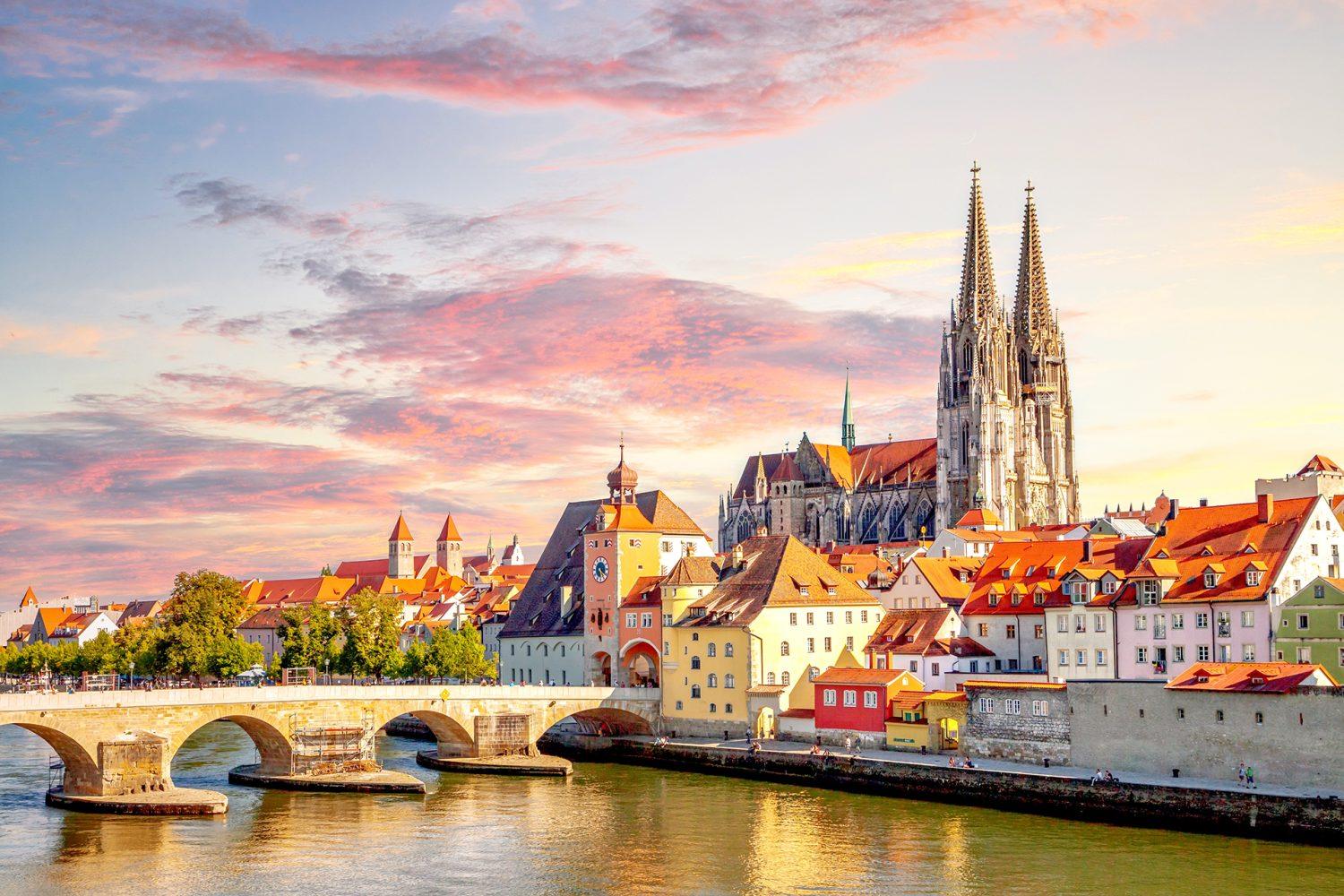


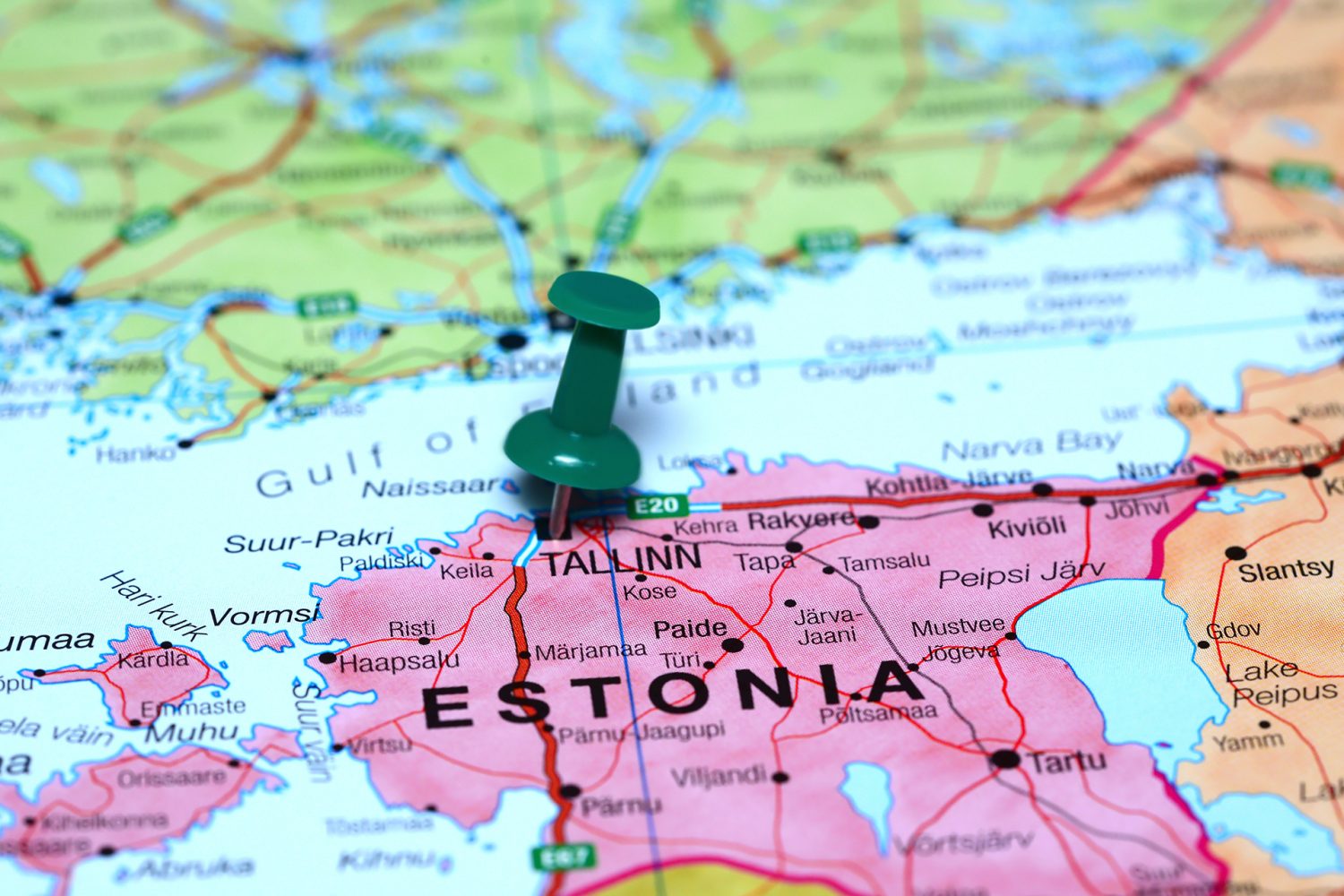


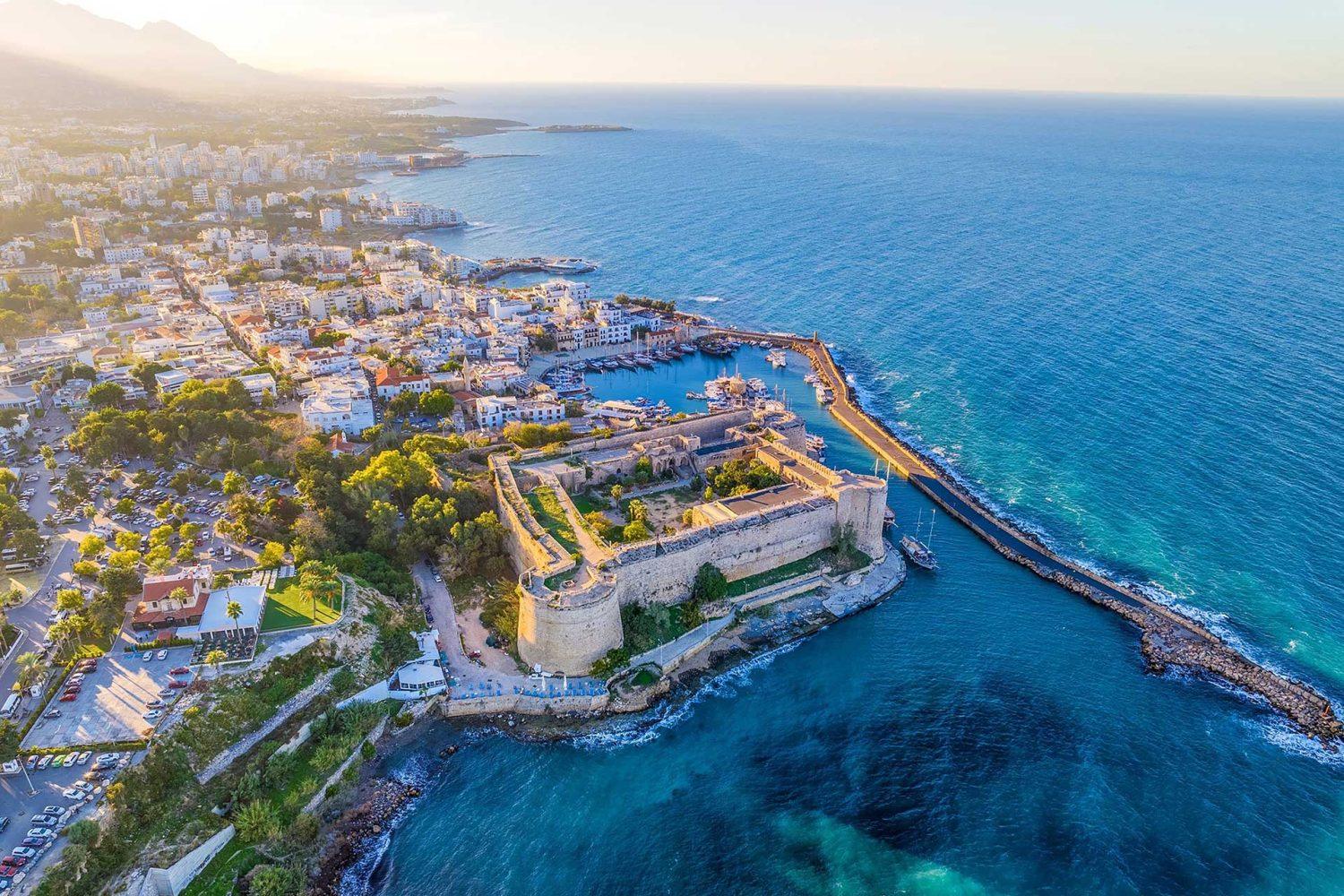

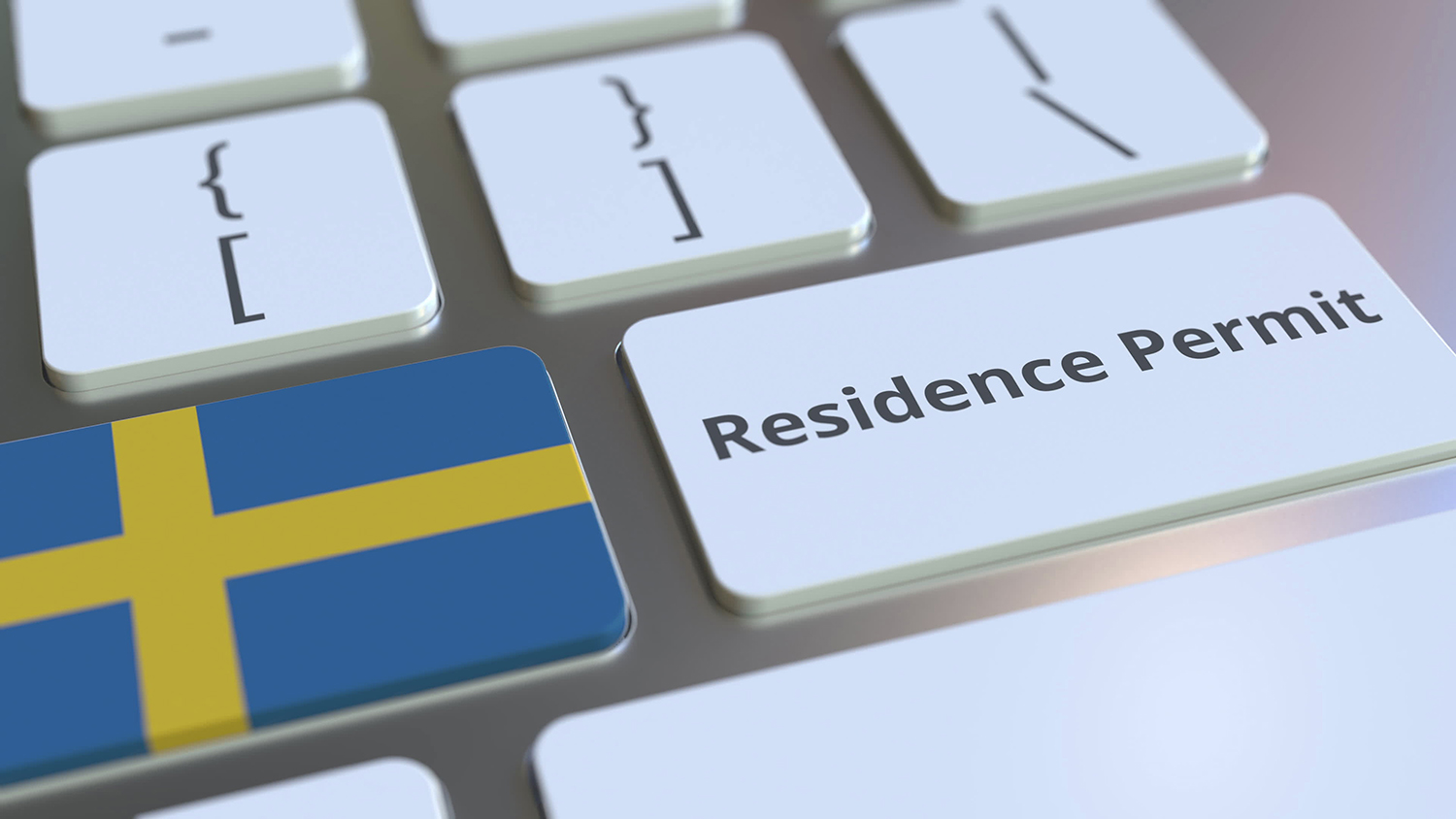

George De
Hello! Can my German residence permit be revoked if I lose my job?
Diana Weber
Hello! Yes, in some cases. If your residence permit is tied to employment, losing your job may affect your legal status. However, German law usually allows a grace period to find new employment, depending on the type of permit and individual circumstances.